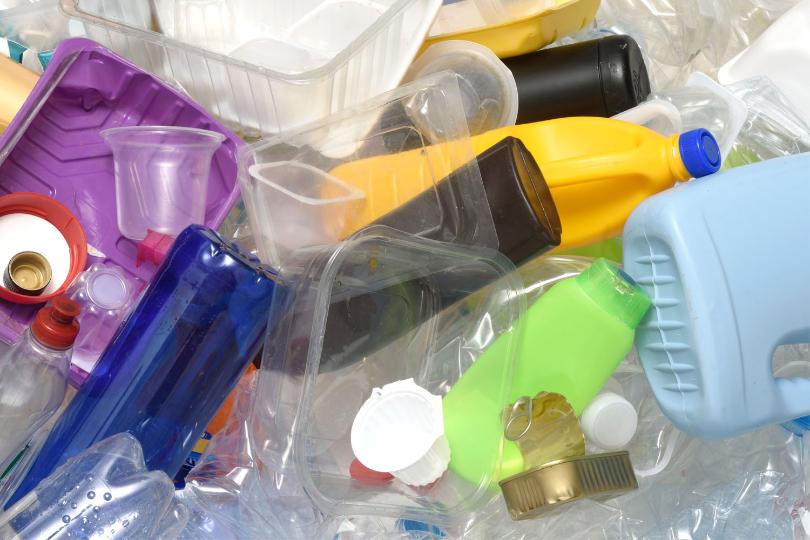A countrywide ban on manufacture, import, production and sale of single use plastic items has been announced by the Central Government from 1st July. While this is a long awaited welcome step in the right direction, the implementation has to be strategic for the ban to be successful. Plastic ban has been one of the top priorities of countries which are part of the United Nations Environment Assembly. In early 2022, about 124 countries, including India, had signed a resolution to make it legally binding for signatories to address the full life of plastics, from production to disposal, to end plastic pollution. The recent plastic ban in India might be a step towards fulfilling this commitment. This is not going to be an easy road.
The Confederation of All India Traders (CAIT) has requested the government to delay the ban by a year and form a committee of stakeholders to develop alternatives. They have also requested the government to not take coercive action against violators in the first year, saying this will hurt small and medium industries and the retail sector very badly. It is true that the single use plastic industry provides jobs and is integral to the food manufacturing, healthcare, packaging and other industries. While care needs to be taken to find other sources of income for the industries and individuals who are set to lose their livelihood due to this ban and also find alternatives to single use plastics, it may be admitted that a phased ban has very little chances of working in a vast country like India. The only way might be a ban first and solutions later, at least for now. There are times that the environment must come before economy and that time is now.
India is among the top 100 countries when it comes to the volume of plastic waste it generates. Many high littering but low utility items have been banned such as ear buds with plastic tips, plastic cups, plates, forks and spoons, wrapping films, plastic straws and others. While the list seems good enough to start with, it is in no way a blanket ban on single use plastics. The biggest resistance to this move has been for plastic straws since big FMCG companies are involved who insist that soft drinks need to be packaged with straws.
Most importantly, plastic carry bags will not be banned but the thickness requirement has been jacked up to more than 75 microns till end of the year with a proposal to get it up to 120 microns thickness later. In the fight against the menace of plastics, the biggest polluter and threat has always been carry bags. Micro plastics from such bags are ingested by animals and even humans, endangering their health. Landfills and water bodies get clogged with plastic bags and they even end up in the bellies of ocean creatures as large as whales.
The government must get all stakeholders on board to move strategically in order to completely ban single use plastics. For this, cooperation must be sought from citizens as well as trader bodies. At the same time, industries that are set to lose revenue due to the ban must be supported and a workable action plan for research into alternatives for plastic must be put in place urgently. Only then, one can hope to take baby steps towards a single use plastic free India.
